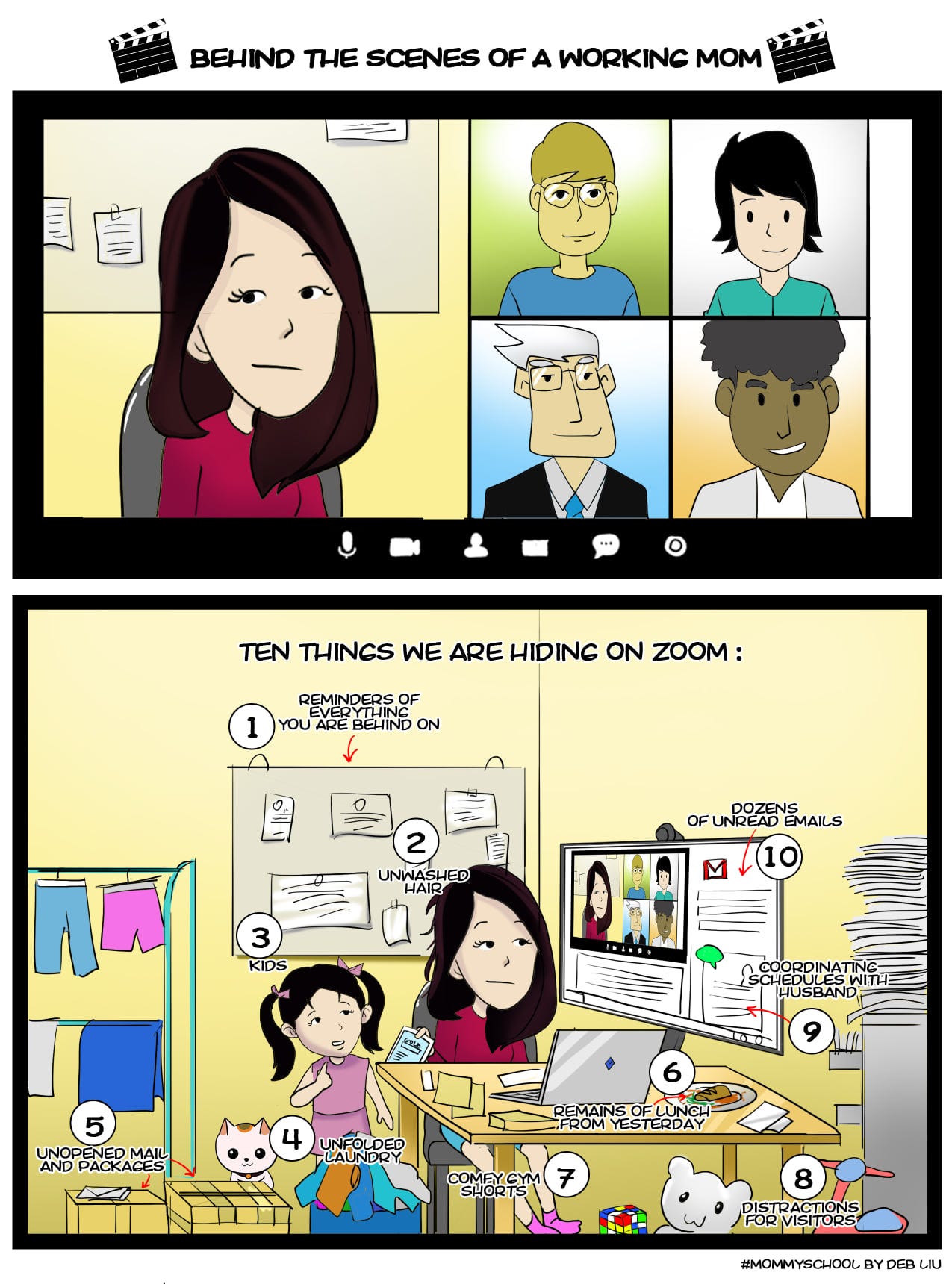Ten Tips for Being Efficient & Effective at Work
A simple guide to simplifying your work life
As we enter the tenth month of lockdown, we are facing an unprecedented social experiment. With school closures and most outside activities curtailed, it has been harder to focus more now than ever.
Let's face it. No one is great at multitasking. But we can get more efficient with a bit of organization and planning. These are some of the ways I’ve found to increase my efficiency at work.
Set aside time to think and plan. Pick a time that is good for you. For me, it is late at night after my kids are in bed, and I have worked out. I sit down with a mug of hot jasmine green tea and work uninterrupted for an hour or two. It's uninterrupted time for me to reflect on the day, to plan out the next few days, and to think deeply about what is to come in the weeks ahead.
Multitask selectively. I almost always work out on the elliptical around 9 pm. Between intervals is a good time for me to respond to work messages, take short calls, and go through my work groups and skim my emails. During the pandemic, I’ve also been taking more 1:1 meetings via phone calls rather than a video conference, so I can take a break from my desk and walk around the block.
Take care of the “just a few minutes” tasks before they turn into hours of work. There are a dozen little things a day that we have to do that each takes one or two minutes. It may be an email here or a chat response there. If I wait to tackle them by the end of the day I end up with over an hour of tedious work without realizing it. Throughout the day when I have a minute or two, I stop to take care of those things before they build up. One way to make space to do this is to set your meetings to be 25 minutes instead of the full half-hour so that you have a brief breather in between to take care of short tasks.
Keep reading with a 7-day free trial
Subscribe to Perspectives to keep reading this post and get 7 days of free access to the full post archives.


